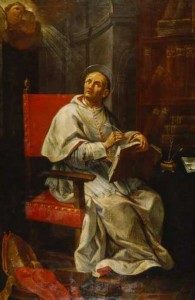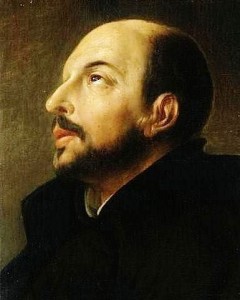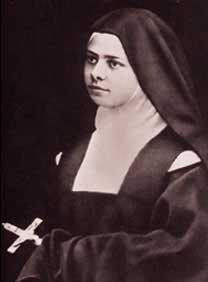Podcast: Play in new window | Download (Duration: 31:34 — 21.8MB) | Embed
Subscribe: Apple Podcasts | Spotify | Amazon Music | Android | Pandora | iHeartRadio | JioSaavn | Podchaser | Gaana | Podcast Index | Email | TuneIn | Deezer | Anghami | RSS | More

Graces from Contemplation – St. John of the Cross: Master of Contemplation with Fr. Donald Haggerty
Fr. Donald Haggerty discusses the transition from meditative to contemplative prayer in the spiritual life, drawing from St. John of the Cross. Many struggle when they feel an inclination toward silent prayer, fearing they are abandoning traditional meditative practices. Haggerty explains that this inclination is a grace, where the soul is drawn to rest in God’s presence rather than actively engaging the intellect. Forcing oneself back into meditation when contemplative grace is being offered can hinder spiritual growth. However, this shift does not negate structured prayers like the Rosary or the Liturgy of the Hours, which remain valuable. Contemplative grace is often intermittent and does not fill an entire period of prayer but can be recognized and embraced when it arises.
A deepening relationship with God affects daily life. As the soul becomes more attuned to God’s presence, moments of contemplation may arise unexpectedly, even outside formal prayer. This transformation fosters greater love for God and others, leading to a more self-giving life. We must set aside silent time for prayer, particularly in the presence of the Eucharist, as a means of nurturing this deeper union with God.
Discerning Hearts Reflection Questions
- How do you respond when you feel drawn to quiet prayer rather than structured meditation, and do you see this as a possible grace from God?
- In moments of dryness or uncertainty, how can you resist the urge to force a particular method of prayer and instead surrender to God’s leading?
- What are some unexpected moments in your day when you have sensed God’s presence, and how can you become more attuned to them?
- How do you maintain a healthy balance between meditative, vocal, and contemplative prayer without neglecting any aspect of your spiritual life?
- In what ways can you nurture a deeper desire for God in both prayer and daily actions, allowing His love to transform your heart?
An excerpt from St. John of the Cross: Master of Contemplation
“The more a soul in responding to contemplative grace becomes “habituated” to the calm that is drawing it from within, the more likely that a “general, loving knowledge of God” rises up from within the recesses of the soul. In time, it can be expected that this loving knowledge will pervade the soul’s awareness more distinctly and more appealingly. Nonetheless, it would seem clear that this last sign is in a certain way the most difficult to discern. The previous four signs exhibit strong negative reactions. This last sign is subtle always in its beginnings and delicate in its attraction, and to answer to it means to respond to a grace that may not seem so assured. In many cases, it may be that a soul gives itself to this inclination quite unknowingly. It is led by God and surrenders to the calm and loving knowledge without thinking much about what it is doing. This may certainly be true in the lives of simple souls who are not so analytical and intellectual.
As Saint John of the Cross comments: “It is noteworthy that this general knowledge is at times so recondite and delicate (especially when purer, simpler, and more perfect), spiritual and interior that the soul does not perceive or feel it even though the soul is employed with it” (AMC 2.14.8). The last phrase seems to make clear that souls often initially enter into the graces of contemplation without realizing that they are doing so. The general loving knowledge that descends on the soul is accompanied by a deep interior calm and draws the soul like the fragrance of newly baked bread for a hungry man. The man in hunger simply moves in the direction of that bread, not thinking so much what he is doing. And this is precisely what can happen in prayer. The more a soul finds itself following the deeper inclination to enter this inward calm and quiet peace, the more likely it is that the soul begins to be attracted to the simple desire to love that it is receiving in grace. The movement forward to contemplation is a response to this grace: “The more habituated persons become to this calm, the more their experience of this general loving knowledge of God will increase. This knowledge is more enjoyable than all other things because without the soul’s labor it affords peace, rest, savor, and delight” (AMC 2.13.7).
Haggerty, Donald. Saint John of the Cross: Master of Contemplation (p. 175). Ignatius Press. Kindle Edition.







 Practical Steps for Prayer – Meditation and Contemplation with Fr. Timothy Gallagher
Practical Steps for Prayer – Meditation and Contemplation with Fr. Timothy Gallagher



